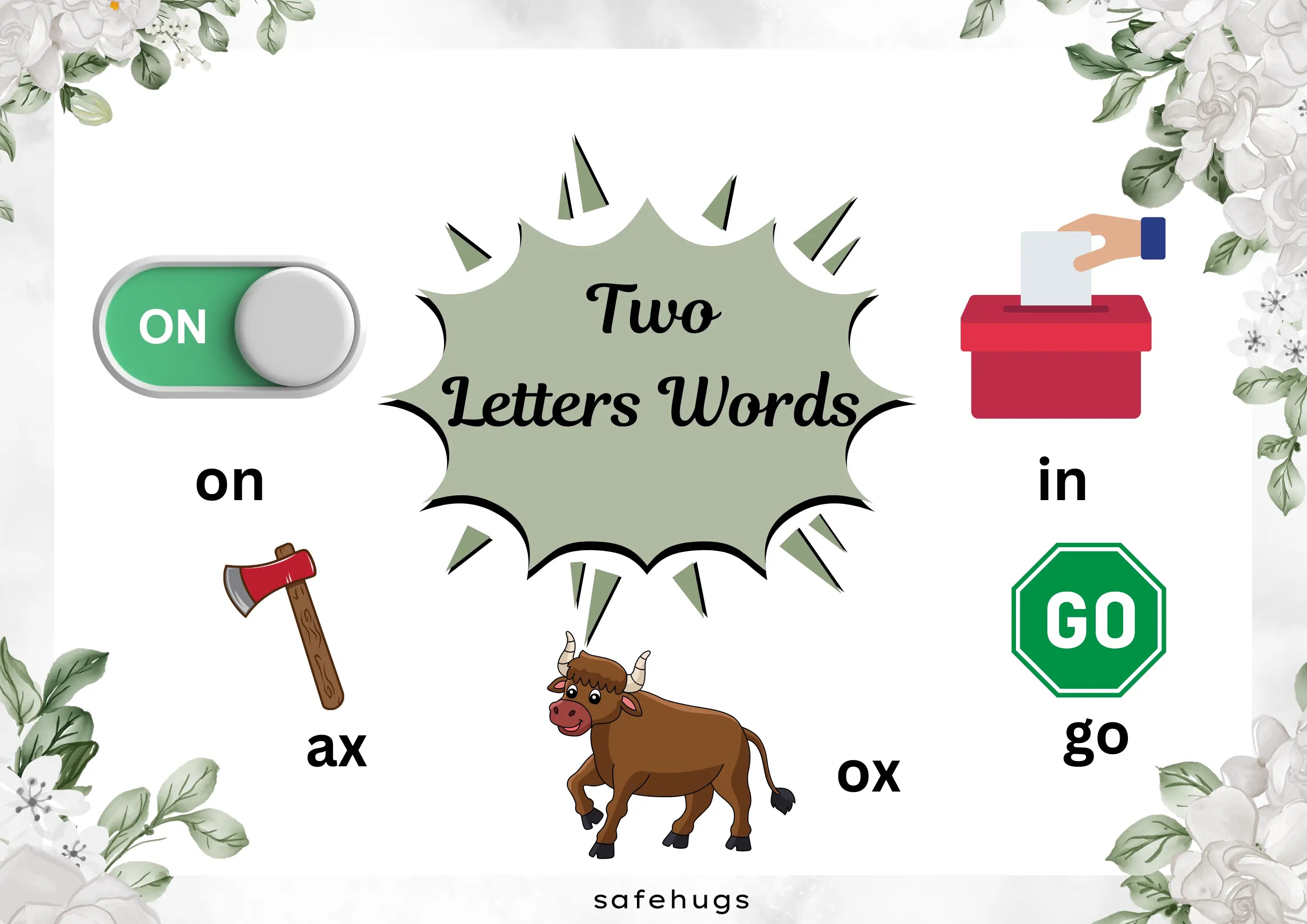Inspiring Short Stories About Honesty For Students
Table of Contents
Honesty is one of the most fundamental values that shape our character and define our relationships. It builds trust, fosters respect, and creates a foundation for strong moral principles. Throughout history, honesty has been celebrated in stories, teachings, and real-life examples. This blog explores various short stories about honesty, moral lessons, and real-life incidents that highlight the importance of truthfulness.
Why Honesty Matters
Honesty is more than just telling the truth; it is about being sincere, fair, and transparent in all aspects of life. It strengthens personal integrity, earns respect, and nurtures meaningful relationships. The famous proverb "Honesty is the best policy" reminds us that, even when the truth is difficult to tell, it is always the right choice. Honesty helps build credibility, whether in school, work, or daily interactions, making it a lifelong virtue worth practicing.
Short Stories About Honesty For Students
a) Short Story on Honesty with Moral
The Hidden Coin
Ravi was a kind but mischievous boy who loved playing with his friends in the village. One day, while walking home from school, he found a shiny gold coin lying on the ground near the market. His eyes widened with excitement.
“This must be my lucky day!” he thought. But then, he remembered hearing the old shopkeeper, Ram Lal, talking about losing a gold coin that morning.
Ravi’s heart pounded. “I could keep it,” he whispered to himself. “No one would know.” But deep down, he felt uneasy. He had been taught that honesty was important.
Taking a deep breath, he walked to Ram Lal’s shop and held out the coin. “Uncle, I think this belongs to you,” he said.
Ram Lal’s face lit up with joy. “Thank you, Ravi! I was so worried about losing this. You have a good heart.”
To Ravi’s surprise, Ram Lal rewarded him with a handful of sweets and a warm smile. That day, Ravi realized that honesty brings not only rewards but also the priceless feeling of doing the right thing.
Moral: Honesty is always rewarded, whether through others' appreciation or the peace of a clear conscience.
b) Story on Honesty in 100 Words for Students
The Lost Wallet
Aryan was walking home when he found a wallet on the road. Curious, he opened it and saw a large sum of money and an ID card. For a moment, he thought about keeping it, but his conscience stopped him. He went to the address on the ID and returned the wallet to its owner, an elderly man named Mr. Mehta.
Mr. Mehta was overwhelmed with gratitude. “Honest people like you make the world better,” he said, rewarding Aryan with blessings and a heartfelt smile.
Moral: Honesty may not always bring a reward, but it always brings respect.
c) Story on Honesty in 150 Words for Students
The Honest Farmer
Ramesh, a poor but hardworking farmer, was plowing his field when he found a small bag filled with gold coins. His family was struggling, and the money could solve all their problems. But he knew it wasn’t his.
Determined to do the right thing, Ramesh took the bag to the village head. Soon, they found the owner, a wealthy merchant who had lost it while traveling. The merchant was touched by Ramesh’s honesty and, as a reward, gifted him enough money to improve his farm.
Ramesh’s honesty not only earned him respect but also brought him unexpected blessings.
Moral: Honesty may test us, but it always leads to greater rewards.
Moral Stories About Honesty For Students

The Invisible Stain
Rohan’s school introduced a new honor system: every student had to report their own mistakes honestly. If someone broke a rule and admitted it, they would face a mild consequence. But if they lied and got caught, the punishment would be severe.
One day, Rohan accidentally spilled ink on his friend’s notebook. His friend hadn’t seen it, and Rohan could have easily walked away. But guilt weighed on him. The ink stain felt invisible to others, but not to him. The next day, he confessed and bought his friend a new notebook.
Surprisingly, instead of being angry, his friend smiled. “I respect you even more now,” he said.
That day, Rohan realized that honesty isn’t just about telling the truth—it’s about cleaning the stains on our conscience before they grow.
Moral: Honesty isn’t just about what others see, but about what we carry within.
The Price of a Lie
Neha loved painting. One day, her teacher announced an art competition, and she was eager to participate. But the night before submission, her painting got smudged. Panicking, she took her friend Meera’s artwork, erased the name, and submitted it as her own.
Meera was heartbroken but stayed silent. On the results day, Neha’s painting won first prize. The applause felt heavy, and guilt gnawed at her. The trophy on her desk didn’t shine—it only reminded her of her lie.
Finally, she couldn’t take it anymore. She stood up in front of the whole class and admitted the truth. Instead of scolding her, the teacher smiled. “Honesty takes courage,” she said.
Meera forgave her, and though Neha lost the trophy, she won something greater—her friend’s trust and her own peace of mind.
Moral: A dishonest victory is an invisible defeat, but honesty wins true respect.
True Stories About Honesty For Students

Abraham Lincoln’s Honest Moment
As a young man working at a general store in New Salem, Illinois, Abraham Lincoln had a reputation for being meticulous and honest. One day, a customer paid him for a few goods, and in the hustle of the transaction, Lincoln accidentally gave the customer 6 extra pennies.
Realizing his mistake later, Lincoln didn't hesitate. He put on his coat, walked several miles to the customer's home, and returned the extra money. When the customer asked why he had gone through so much trouble, Lincoln simply replied, "I couldn’t sleep knowing I had cheated you, even if it was just six pennies."
This incident became a hallmark of Lincoln’s character, and as he grew into a national leader, his honesty continued to inspire people. His deep sense of integrity shaped his presidency, making him one of the most respected leaders in history.
Moral: True honesty is doing the right thing, even when no one is watching.
The Honest Taxi Driver
In a busy city, a taxi driver named Raj found himself struggling financially. One evening, after dropping off a passenger, he found a large, unattended bag in the backseat. Opening it, he discovered that it was filled with stacks of cash. His first instinct was to keep the money to solve his financial problems. But then, he remembered his values—he knew that returning it was the only honorable choice.
Raj drove to the address listed on the bag’s tags and rang the bell. The passenger, an elderly woman, was overwhelmed with relief and gratitude. She explained that the money was meant for her sick husband’s medical treatment.
Raj’s act of honesty went viral when a bystander shared the story online. Strangers from across the country praised his integrity, and within weeks, Raj received numerous job offers, gifts, and even donations to support his family.
Moral: Honesty not only builds trust but often brings unexpected rewards.
Mahatma Gandhi and the Stolen Pencil: As a child, Gandhi once stole a pencil from his classmate. Feeling guilty, he confessed to his father, who appreciated his honesty. This experience shaped his lifelong commitment to truth.
Examples of Honesty for Students
Honesty is a key value that helps students build trust, responsibility, and strong character. Here are some everyday examples of honesty that students can practice in school and daily life.
-
Returning Lost Items – If a student finds a lost pencil, book, or money in the classroom, they should return it to the rightful owner or give it to the teacher.
-
Not Cheating in Exams – Even if tempted, students should always write their own answers rather than copying from others.
-
Admitting Mistakes – If a student accidentally breaks something or makes a mistake, they should take responsibility instead of blaming others.
-
Submitting Original Work – Completing homework and assignments honestly without copying from the internet or classmates shows integrity.
-
Speaking the Truth – If a student is late to school, they should tell the real reason instead of making up excuses.
-
Following Rules – Respecting school rules, such as not using a phone secretly during class, is also a form of honesty.
-
Being Fair in Games – Playing sports with fairness, without cheating or lying about scores, reflects honesty in actions.
-
Respecting Others’ Work – Giving credit to classmates for their ideas or contributions instead of claiming them as their own.
-
Honesty in Friendships – Being truthful and loyal to friends instead of gossiping or lying behind their backs.
-
Telling the Teacher the Truth – If a group project is incomplete due to a student’s negligence, being honest about it instead of blaming others.
How to Practice Honesty in Daily Life
Honesty is more than just telling the truth—it’s about being trustworthy, responsible, and acting with integrity in every situation. Here are some practical ways students can practice honesty in their daily lives:

-
Always Tell the Truth – Even when it’s difficult, telling the truth builds trust and respect. If you make a mistake, admit it rather than making excuses.
-
Be Honest in Schoolwork – Avoid cheating in exams or copying assignments. Doing your own work helps you learn and develop self-confidence.
-
Take Responsibility for Your Actions – If you break something or hurt someone’s feelings, own up to it and apologize sincerely.
-
Return What Doesn’t Belong to You – If you find something that isn’t yours, give it back to the rightful owner or hand it over to a teacher or authority.
-
Keep Promises – Only make promises you can keep. Breaking promises can hurt relationships and trust.
-
Avoid Gossip and Lies – Spreading false information about others or exaggerating stories can harm friendships and reputations.
-
Be Fair and Just – Whether playing a game, participating in a group project, or making a decision, always act fairly without cheating or favoritism.
-
Speak Up Against Dishonesty – If you see someone being dishonest, encourage them to tell the truth rather than staying silent or joining in.
-
Respect Others’ Work – Whether it’s a classmate’s idea or an online source, always give proper credit instead of taking credit for someone else’s efforts.
-
Live by Your Values – Make honesty a habit in all aspects of life, from friendships to school and home. The more you practice, the easier it becomes.
Recommended Books About Honesty for Students
Reading stories about honesty can help students understand the value of truthfulness in a relatable and engaging way. Here are some wonderful books that teach the importance of honesty:
-
"The Honest-to-Goodness Truth" by Patricia C. McKissack
This story follows a young girl who learns that telling the truth, no matter how hard it is, is always the best choice. -
"What If Everybody Did That?" by Ellen Javernick
A simple, yet powerful book that shows how small dishonest actions can lead to big consequences. It encourages students to think before they act. -
"Ruthie and the (Not So) Teeny Tiny Lie" by Laura Rankin
This book follows Ruthie as she learns the importance of honesty when she tells a lie and how owning up to it makes things right again. -
"The Berenstain Bears and the Truth" by Stan and Jan Berenstain
A delightful story where the Bear family teaches young readers the importance of telling the truth, even when it’s difficult. -
"Honesty" by Catherine Hnatov
This book is part of a series that helps young readers understand core values like honesty and how it can shape their lives positively. -
"A Little Book of Honesty" by Caryl Hart
A simple and relatable book for younger children that explains why honesty is so important in a fun, creative way.
Honesty is a virtue that transcends time and circumstances. Whether in everyday life, school, or professional settings, being truthful always leads to better outcomes. The stories and examples shared in this blog highlight the profound impact of honesty on individuals and society. As Spencer Johnson wisely said, "Integrity is telling myself the truth. And honesty is telling the truth to other people." May we all strive to uphold honesty in our daily lives, knowing that truthfulness is the foundation of trust and respect.
Related:
- Discover stories that teach the value of friendship and loyalty in our Friendship Moral Stories.
- Explore captivating children's stories filled with life lessons in our Children Stories (With Moral Lessons).
- Uncover the clever wisdom of Akbar and Birbal through engaging tales in our Short Stories Akbar Birbal.
- Check out our blog on Short stories for kids in English.
- Check out our blog on Moral stories for kids.
- Check out our blog on Bedtime stories for kids.



































